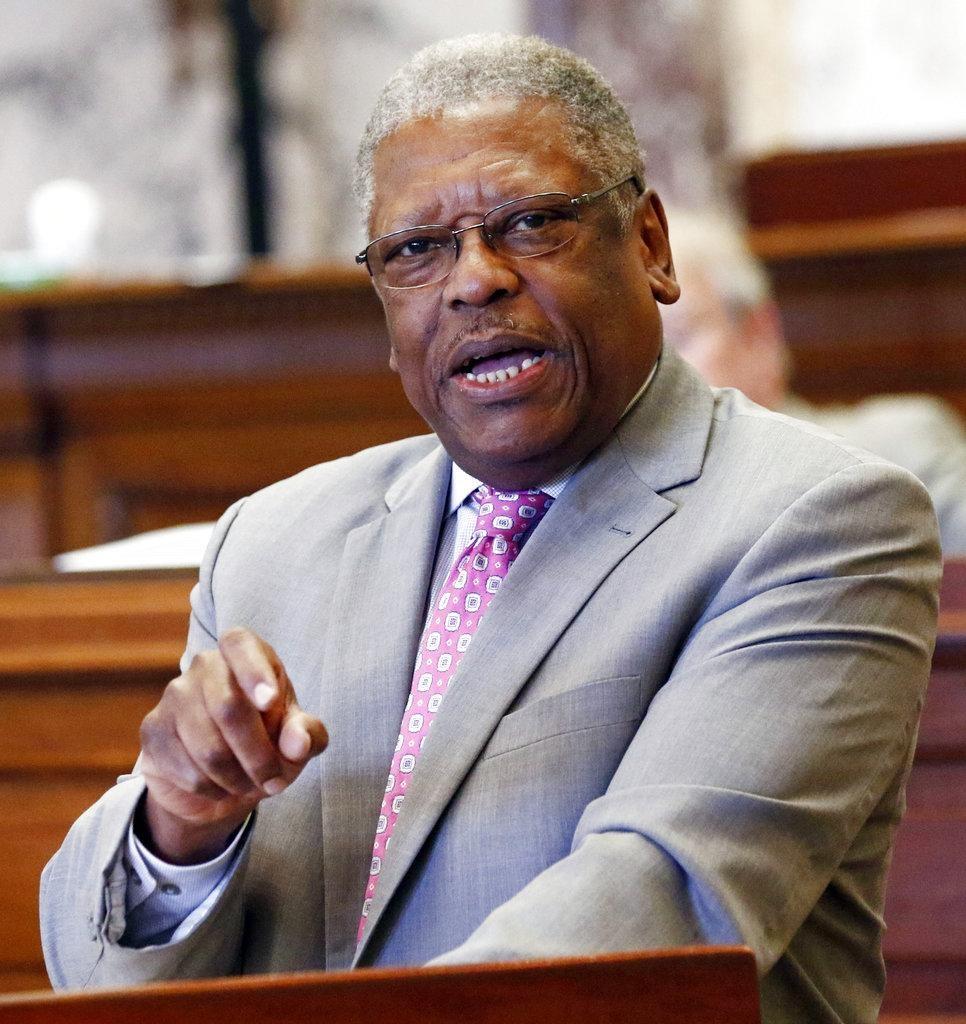Policy passed as part of President Biden's "Investing in America" agenda is set to fund dozens of public infrastructure projects in Mississippi.
Federal dollars set to fund infrastructure, clean energy in Mississippi


Policy passed as part of President Biden's "Investing in America" agenda is set to fund dozens of public infrastructure projects in Mississippi.

Lacey Alexander
Federal dollars set to fund infrastructure, clean energy in Mississippi
The White House says that $3.7 billion has been dedicated to public infrastructure and clean energy investments in Mississippi under the Biden Administration. The federal infusion comes after the passage of both the Bipartisan Infrastructure Law and the Inflation Reduction Act. Of those funds, $1.7 billion will go directly to transportation projects.
Central District Transportation Commissioner Willie Simmons says without federal buy-in, maintaining Mississippi's roads would not be possible.
“Mississippi really cannot afford to build and maintain a good infrastructure system," he said. "we have to manage our money that we are getting very carefully in order to maximize the money that we get from the federal government to get it to go as far as it possibly can.”
Major highways throughout the state will get overdue maintenance and updates with the allocated funds. Simmons says he's grateful for the funding, but it’s not nearly enough. He says he hopes the feds deliver even more support for transportation, but calls on state-level lawmakers to make some changes as well.
“There's no way with the dollars that we have that we will be able to do the things [we’re] currently doing and we’re definitely not going to be able to do what we need to do in the future unless the federal government continues to support us," he said. "But also, unless we understand that we are going to [need to] put more into the system to take care of our infrastructure.”
An additional $3 billion will support four private industrial projects, which include investments into bio-manufacturing and electric vehicles.